Breast cancer is, in many ways, more than just a medical label—the disease changes your life immensely. The first time somebody says, “You have cancer,” your life might change in an instant—many people face a slew of challenges, fears, and great changes. In what ways do these alterations go?
Imagine waking up one day to see that your body, feelings, relationships, and even your job are suddenly in trouble. Breast cancer affects more than just the physical signs; it touches every part of your daily life. It is a path that needs strength, help, and a complete rethinking of what really matters. To better understand breast cancer, including its causes, symptoms, and treatment options, check out our comprehensive guide here.
As we look at the many effects of breast cancer-from the physical strain of treatments to the emotional ups and downs and the impacts on personal and work lives-we will reveal the real scope of this disease’s effect and the amazing strength of those who confront it directly.
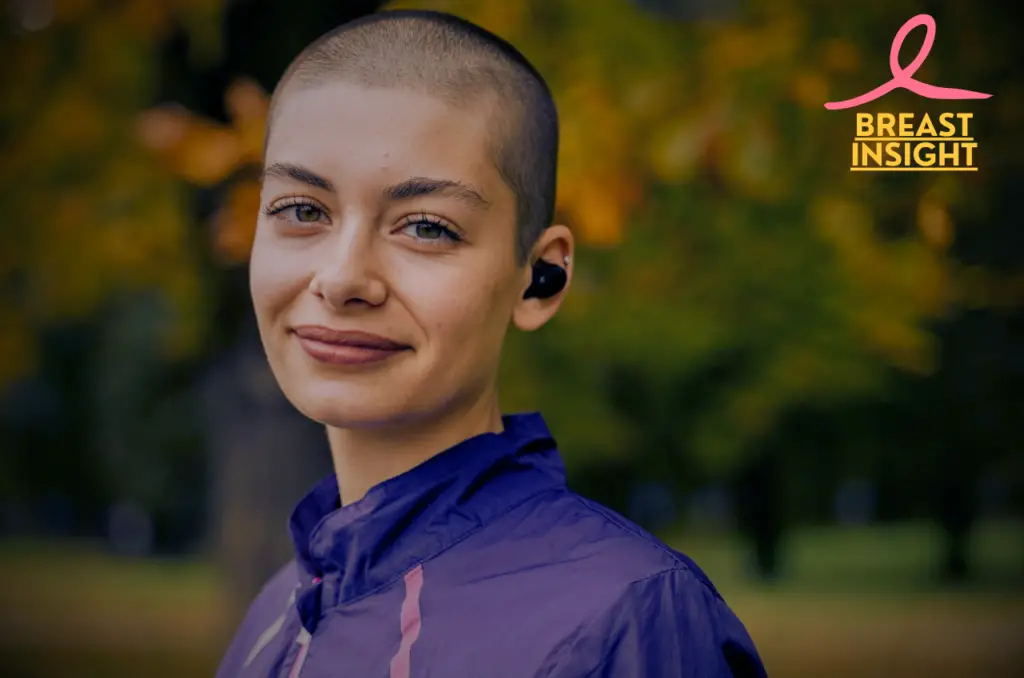
Physical Impact of Breast Cancer
Changes in breast appearance and sensation
Breast cancer and its various treatments can change the appearance of the treated breast(s) pretty dramatically. Some of these changes include:
- Surgical Scars
- Loss of breast tissue
- Breasts change in size or shape
- Skin discoloration
- Numbness or altered sensation
Pain and discomfort while getting treatment
Pain and discomfort are common physical effects of breast cancer treatment:
| Treatment | Potential Pain/Discomfort |
| Surgery | Incision site pain, lymphedema |
| Radiation | Skin irritation, breast tenderness |
| Chemotherapy | Muscle/joint pain, neuropathy |
Fatigue and energy exhaustion
Tiredness is one among the most common and prolonged side effect of breast cancer treatment. Patients generally complain of:
- Extreme fatigue
- Difficulty concentrating
- Less muscle strength
- More need for rest and sleep
Possible Long-term side effects
The long-term physical effects of breast cancer can persist even after treatment is completed.
- Lymphedema: swelling in the arm
- Osteoporosis (bone density loss)
- Cardiac Diseases
- Nerve damage (neuropathy)
- Cognitive alteration (“chemo brain”)
These physical effects can dramatically affect a person’s life and health. Exploring the factors contributing to the declining mortality rate of breast cancer can provide valuable insights into treatment progress and patient outcomes. Learn more about the advancements in breast cancer care here.
Therefore, education on the effects to the patient, caregiver, and health provider is necessary for better symptom management and improvement of quality of life during and after breast cancer treatment.

Emotional and Psychological Effects
The emotional and psychological effects are very deep in terms of shaping various aspects of mental status. Let’s closely look at it:
A. Coping with diagnosis and uncertainty
Getting a breast cancer diagnosis can be very hard to handle, causing many different feelings:
- Surprise and perplexity
- Fear and anxiety of the future
- Anger or sense of injustice
- Miserable Bad Times
Patients often feel a lack of clarity on prognosis, treatment outcomes, and long-term survival. If you’re feeling overwhelmed by the stress of medical procedures, such as a breast biopsy, explore ways to stay calm and focused during this challenging time here.
B. Anxiety and depression
Breast cancer can significantly increase the risk of developing anxiety and depression.
| Condition | Prevalence in Breast Cancer Patients |
| Anxiety | Up to 40% |
| Depression | 10-25% |
Symptoms can include:
- Constant apprehension or anxiety
- Trouble focusing
- Changes in sleep patterns
- Loss of Interest in Activities
- Crises of despair
C. Body image and low self-esteem problems
Physical changes caused by the treatment of breast cancer can significantly affect body image and self-esteem:
- Mastectomy or lumpectomy scars
- Hair loss from chemotherapy
- Weight fluctuations
- Lymphedema
These changes can make women feel ashamed, have lesser sexual desires, and feel feminine differently.
D. Stress management techniques
The effective management of stress is crucial to remain emotionally healthy while receiving treatment for breast cancer. Useful techniques include:
- Mindfulness meditation
- Physical activity
- Joining support groups
- Engaging in creative activities
- See professional advice
Now that we have discussed the emotional and mental effects of breast cancer, let’s discuss how it also affects relationships with family, friends, and partners.
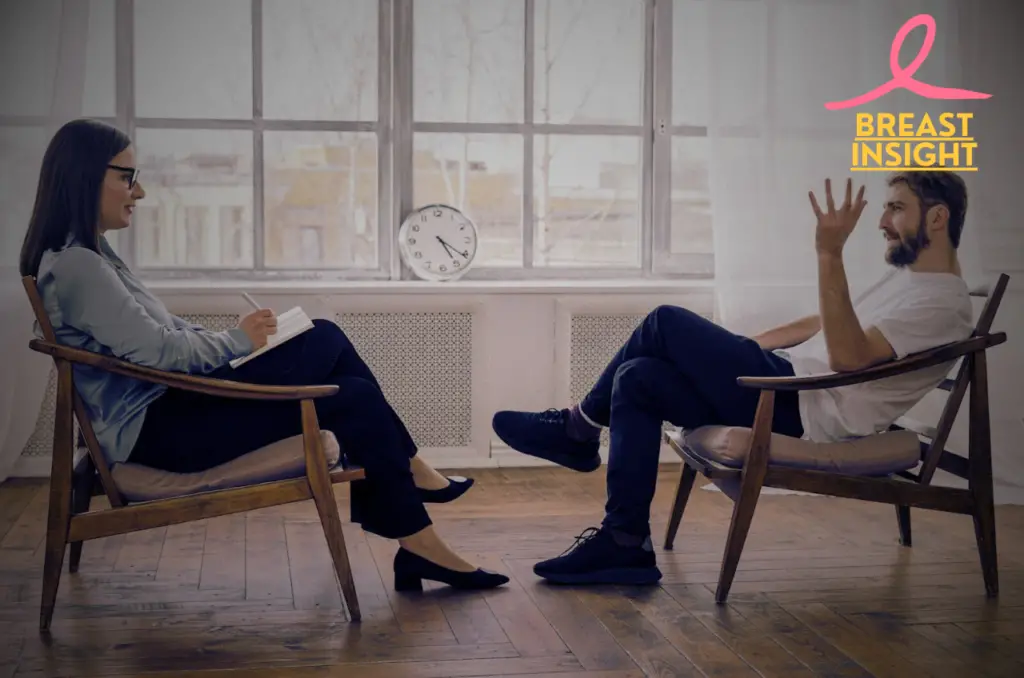
Effect on Relationships
Breast cancer not only affects the person who has it but also everyone around them, changing relationships in significant ways.
A. Changes in close relationships
It can drastically change how intimate relationships function. Partners may discover:
- Changes in role and function
- Changes in actual closeness due to treatment side effects
- More emotional dependability or estrangement
| Aspect | Before Diagnosis | After Diagnosis |
| Physical Intimacy | Regular | May decrease due to treatment |
| Communication | Routine | More intense, focused on health |
| Shared Activities | Varied | Often centered around treatment |
Navigating changes in intimacy can be challenging, but there are solutions and strategies to help maintain a fulfilling sexual life after breast cancer. Discover practical tips and expert advice here.
B. Family relationships and support networks
Family is often the strongest support, but this can also lead to:
- Children taking care of their parents
- More loads of stress and worries within the family
- Stronger connections from facing challenges together
C. Relations and Social Networks
Not surprisingly, breast cancer can modify social groups in surprising ways:
- Some friends may keep away not knowing how to help
- New friendships are often developed with the other survivors or support group members
- Social activities would need to be restructured to complement treatment programs and energy times.
As we go through these changes in relationships, it is important to remember that talking openly and understanding each other are key to keeping strong connections during this tough time. Next, we will look at how breast cancer affects work life and money.
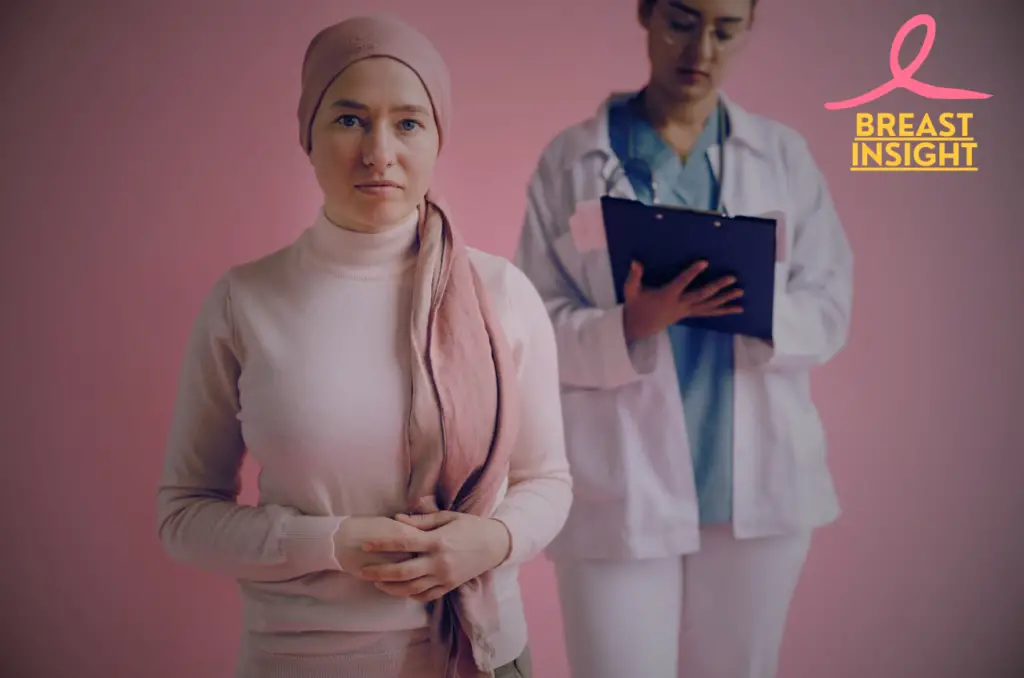
Professional and Financial Consequences
The problem can seriously affect both a person’s work and the monetary situation. Let’s discuss various problems faced by people in this respect.
A. Career interruptions and workplace challenges
Breast cancer treatments often require periods of time away from the workplace, leading to
- Job failures
- Missing out on promotions or opportunities
- Reduce productivity
- Potential job loss
Many survivors have problems when they go back to work, including:
- Physical barriers
- Cognitive impairments (commonly known as “chemo brain“)
- Discrimination or not gaining support from peers
Understanding the options for diagnostic tools, such as breast MRI, can help patients make informed decisions about their care and long-term planning. Explore the benefits and limitations of breast MRI here.
B. Medical costs and insurance factors
The financial burden of breast cancer can be substantial:
| Expense Category | Examples |
| Medical Costs | Surgery, chemotherapy, radiation, medications |
| Supportive Care | Counseling, physical therapy, nutritional support |
| Travel Expenses | Transportation to treatment centers, lodging |
| Home Care | Nursing assistance, medical equipment |
Insurance considerations include:
- Knowing coverage limits
- Claim process navigation
- Managing resistance or denial
C. Long-term financial planning
Breast cancer’s impact on finances often extends beyond treatment:
- Reassessing retirement plans
- Change saving plan
- Consider disability insurance
- Consideration of future health care expenses
From the work and money effects, it is also essential to acknowledge how breast cancer alters daily life.
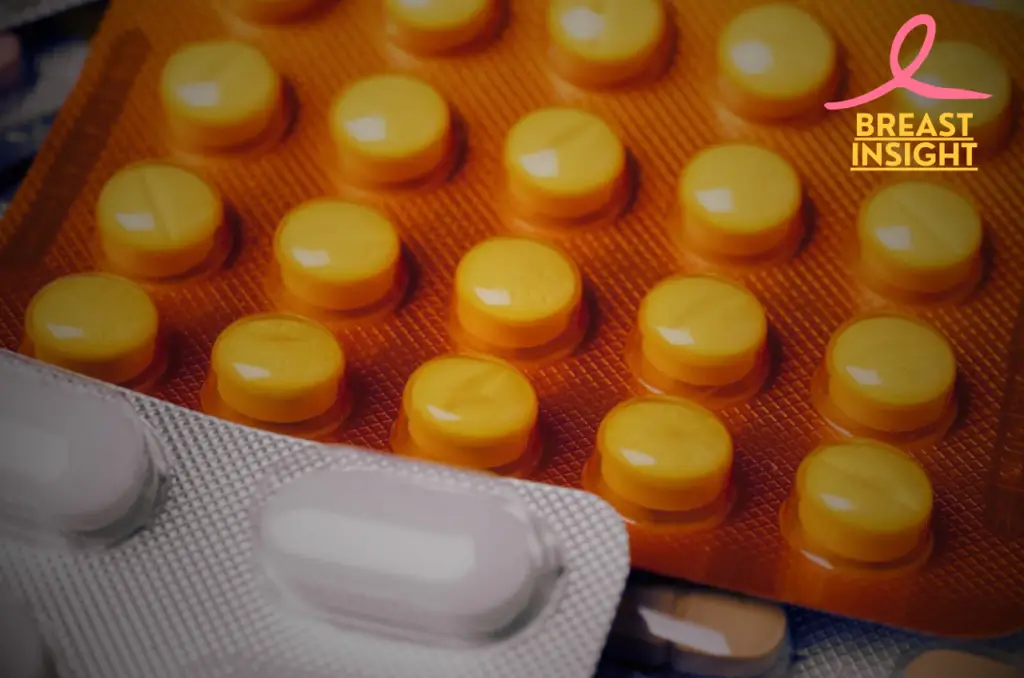
Treatment-Related Effects
Surgical Recovery and Rehabilitation
Treatment of breast cancer often starts with surgery, which can have many physical and emotional effects. Recovery from this usually involves:
- Managing post-operative pain
- Back to activities as usual
- Arm and shoulder mobilization through physical therapy
Chemotherapy Side Effects
Chemotherapy is good at killing cancer cells, but it can also cause many side effects:
| Common Side Effects | Management Strategies |
| Nausea and vomiting | Anti-nausea medications |
| Fatigue | Rest and light exercise |
| Hair loss | Wigs, scarves, or embracing baldness |
| Weakened immune system | Careful hygiene and avoiding crowds |
Radiation Therapy Effects
Irradiation will lead to the following:
- Skin rash and burns
- Exhaustion
- Tenderness over the irradiated area
Hormonal Therapy Side-effects
Long-term hormone treatment is followed by:
- Menopausal symptoms
- Bone density loss
- Higher risk of blood clots
Fertility Concerns and Options
For younger patients, fertility preservation is an essential consideration:
- Egg or embryo freezing before treatment
- Ovarian tissue preservation
- Discussion of fertility-sparing treatment options when feasible
Early detection through reliable screening methods, such as diagnostic mammograms, can often help reduce the intensity of treatments. Learn more about how diagnostic mammograms can save lives to take proactive steps in your breast health journey.
These effects from treatment can significantly impact how a patient lives her life. However, with the right help and support, many women handle these difficulties well. Next, we will look at the lifestyle changes that usually come with a breast cancer diagnosis and treatment.

Lifestyle Changes
Having now covered all of the various effects of breast cancer, let’s discuss the most crucial lifestyle changes that patients may be required to make. Such changes will really help in enhancing quality of life and overall health during and after treatment.
A. Dietary changes
For breast cancer patients, a balanced diet is very crucial. Most patients consider helpful:
- Eat more fruits, vegetables, and whole grains
- Eat much less processed food and red meat
- Drink less alcohol
- Drink an abundance of water and herbs tees
| Recommended Foods | Foods to Limit |
| Leafy greens | Processed meats |
| Berries | Sugary snacks |
| Fatty fish | Alcohol |
| Whole grains | Fried foods |
B. Exercise and Physical Activity
Regular exercise would help one control the treatment side effects and mood. The patients should
- Start light-eccentric exercise: walking or swimming
- Gradually increase intensity as strength improves
- Add strength training to keep your muscles strong
- Flexibility and stress release: Think about practicing yoga or tai chi
C. Sleep pattern change
Good sleep heals. To have better sleep, patients can:
- Maintain a regular sleep schedule
- Creating a soothing bedtime routine
- Avoiding screens before bed
- Using cushiony pillows to support affected areas
D. Stress Reducing Techniques
Stress management is crucial for well-being. The techniques used include:
- Mindfulness meditation
- Deep breathing exercises
- Writing
- Joining support groups
- Engaging in hobbies or fun activities
Such changes in lifestyle can deeply affect a patient’s experience and thus bring about better health results and quality of life. For those looking to better understand breast health, including advanced imaging options like breast ultrasound, check out this guide on the basics to breakthroughs in breast ultrasound.
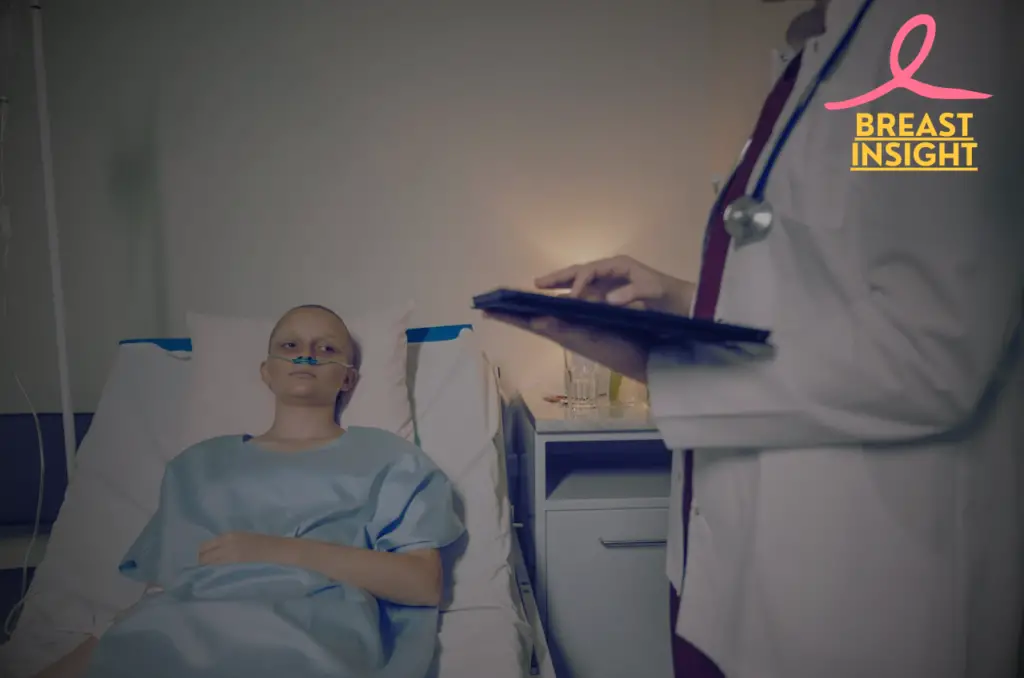
Conclusion
Breast cancer does not just affect the body it also affects all parts of a person’s life. It’s an emotional pain, strains relationships, and brings additional problems at work and brings financial stress. Treatment alone is a physical thing with changes in lifestyle added onto it.
Even with all these challenges, many people find strength and resilience in their journey. Help from family, healthcare workers, and survivor groups can make a big difference. If you or someone you know has breast cancer, remember that help is there. Contact support groups, talk to healthcare providers, and take care of yourself to get through this tough time with bravery and hope.
Frequently Asked Questions (FAQs)
How does breast cancer affect a person physically?
1. Pain or tenderness in the breast or the surrounding areas
2. Feeling tired because of cancer or treatments such as chemotherapy or radiation
3. Swelling or lymphedema in the arm or chest
4. Changes in the way it looks; its size or feel
5. Side effects from treatments, including nausea, hair loss, and skin changes
What are the emotional effects of breast cancer?
1. Worries, fears, or not knowing what will happen
2. Feeling sad or experiencing mood changes due to diagnosis or treatment
3. Appearance concerns, that is after surgery, or losing their hair
4. Anxiety related to managing doctor visits and financial matters
5. She needs rest after fighting for a long time.
Can breast cancer impact relationships?
1. Some problems arise due to changes in the body and feelings
2. Emphasis on relationships with partners, family, or friends
3. More reliance on caregivers, which may change relationships
4. Other people grow closer as they experience difficulties together
How does breast cancer affect daily life?
1. Difficulty maintaining a regular work schedule due to treatments and fatigue
2. Changes in social activities or hobbies because of energy levels
3. Money problems due to medical bills or losing a job
4. Ongoing follow-ups and health monitoring are needed
Are there long-term effects of breast cancer treatment?
1. Hormonal changes such as early menopause or infertility.
2. Ongoing tiredness or nerve problems from chemotherapy
3. Higher chances of other cancers
4. Scars or disability due to surgery
5. Need for continued emotional or psychological support
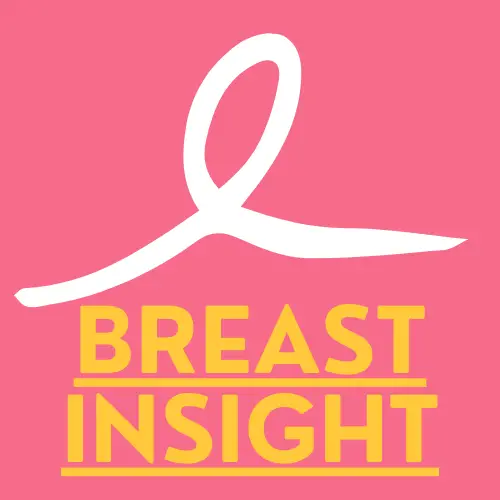
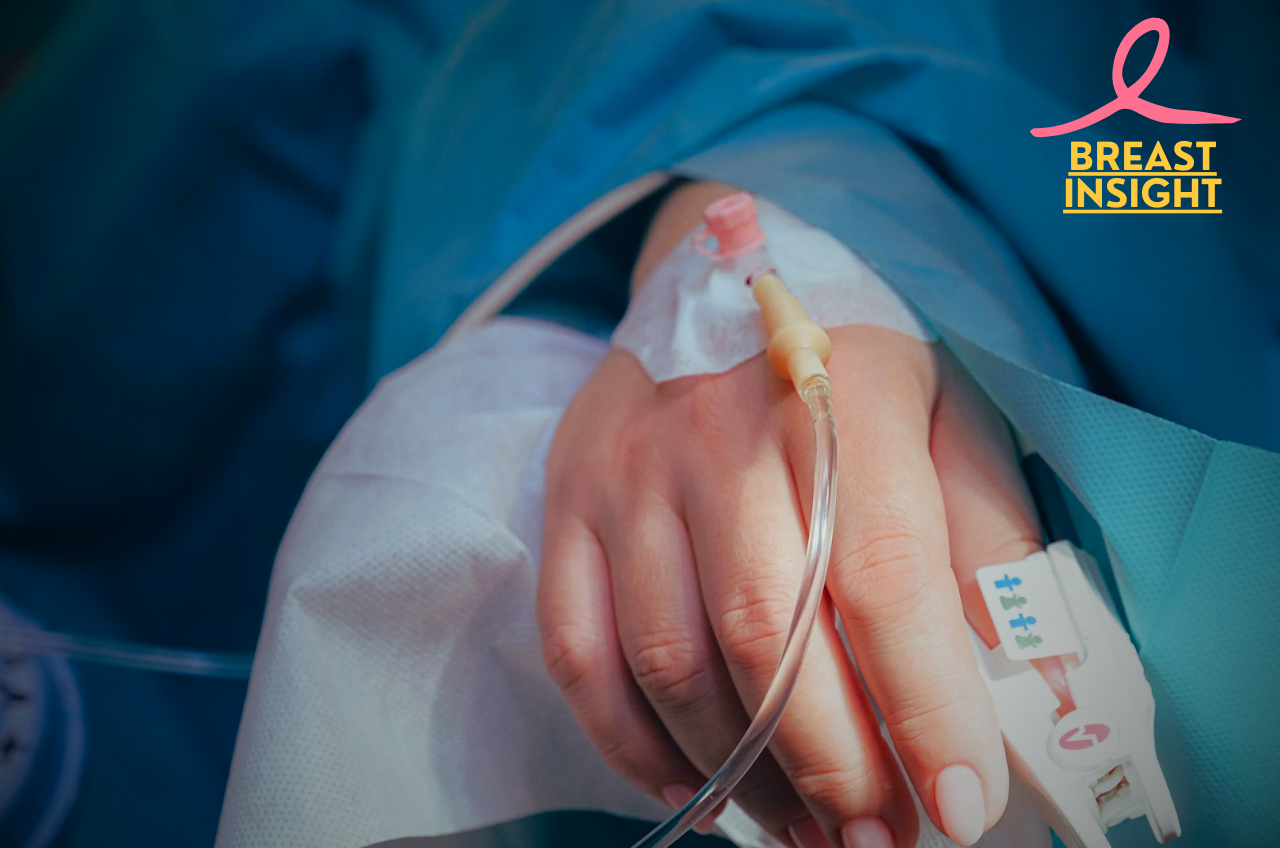
1 thought on “6 Hidden Effects of Breast Cancer That Everyone Should Know About”